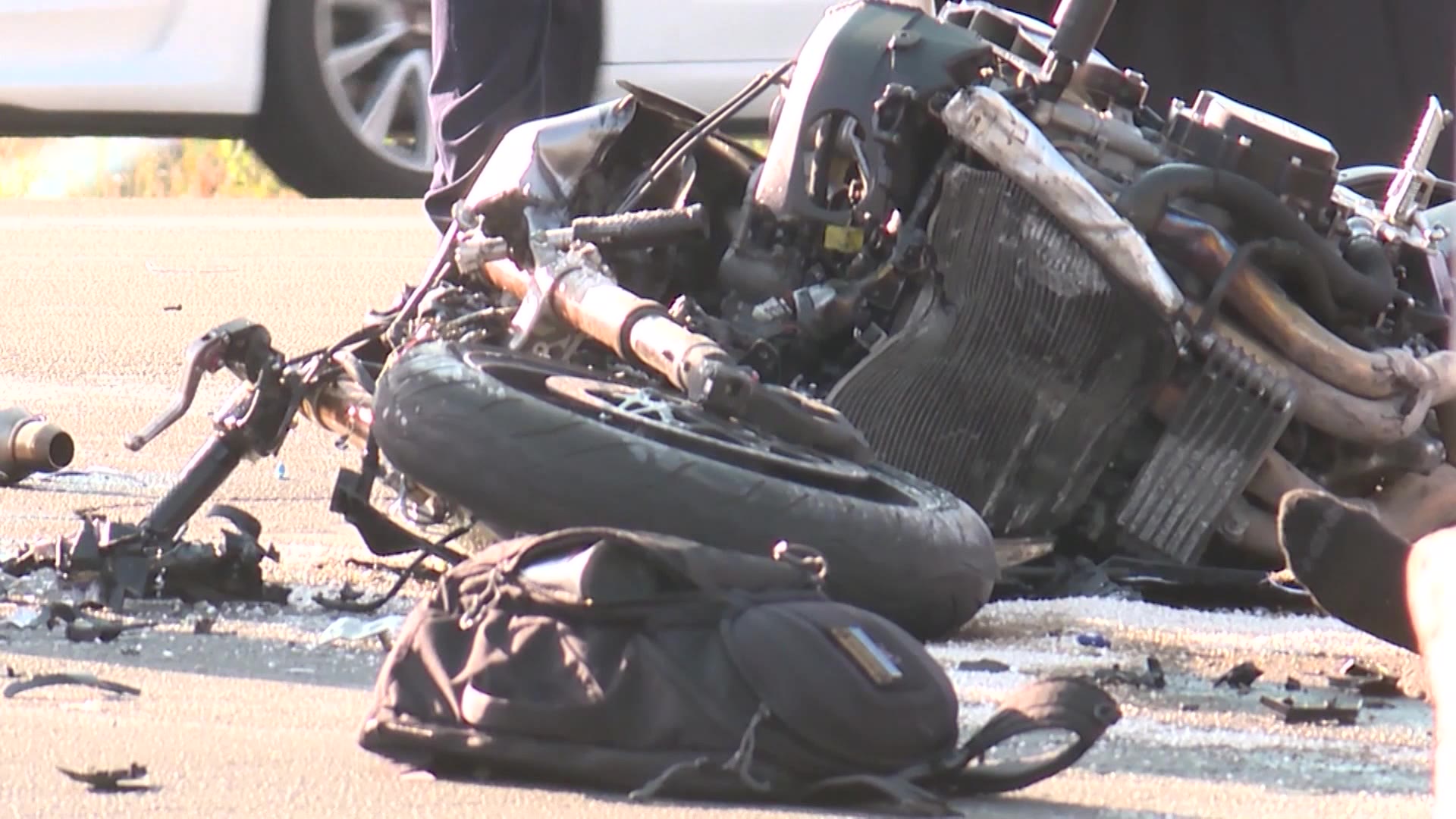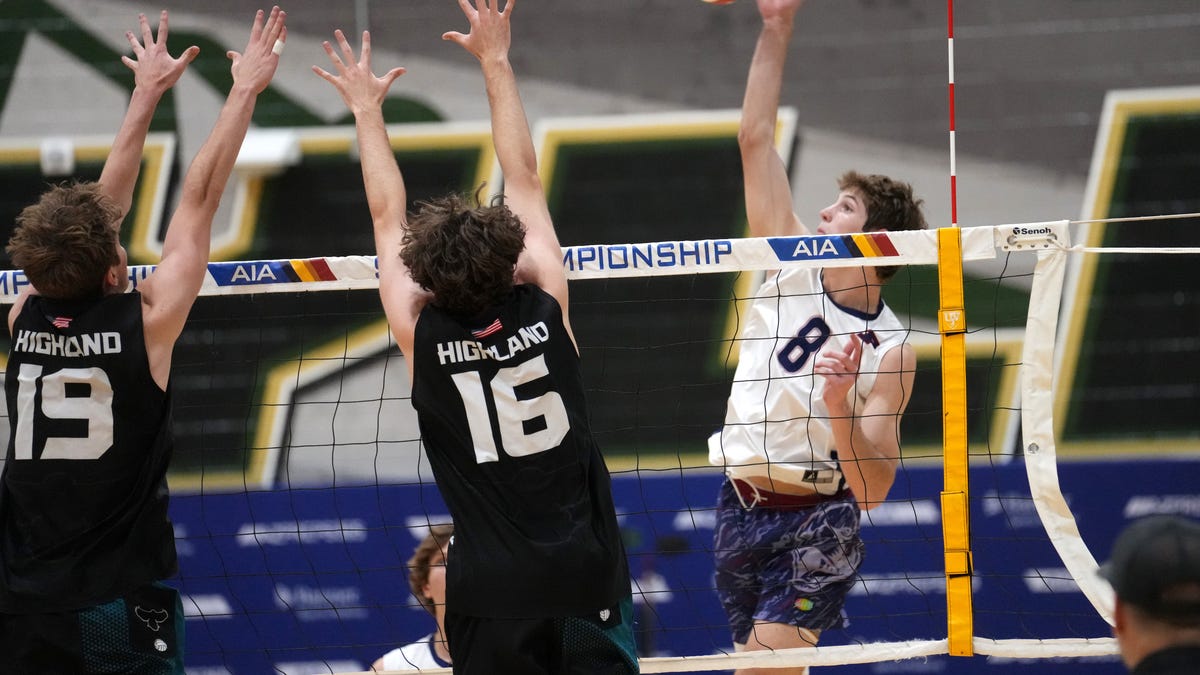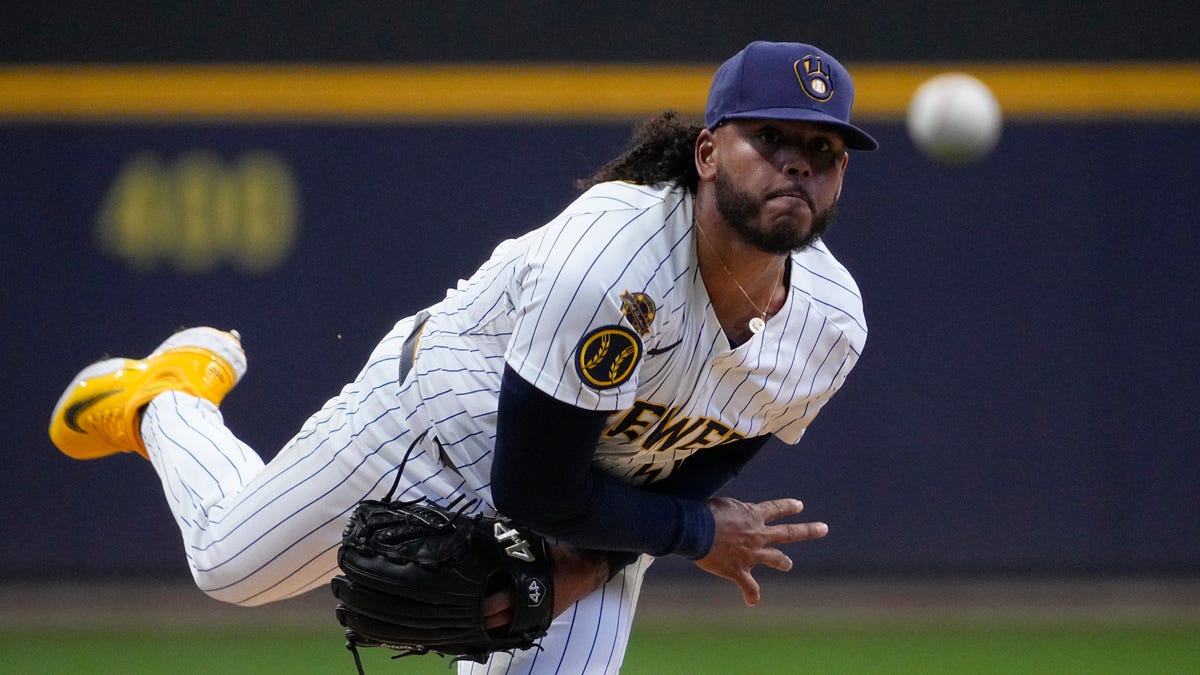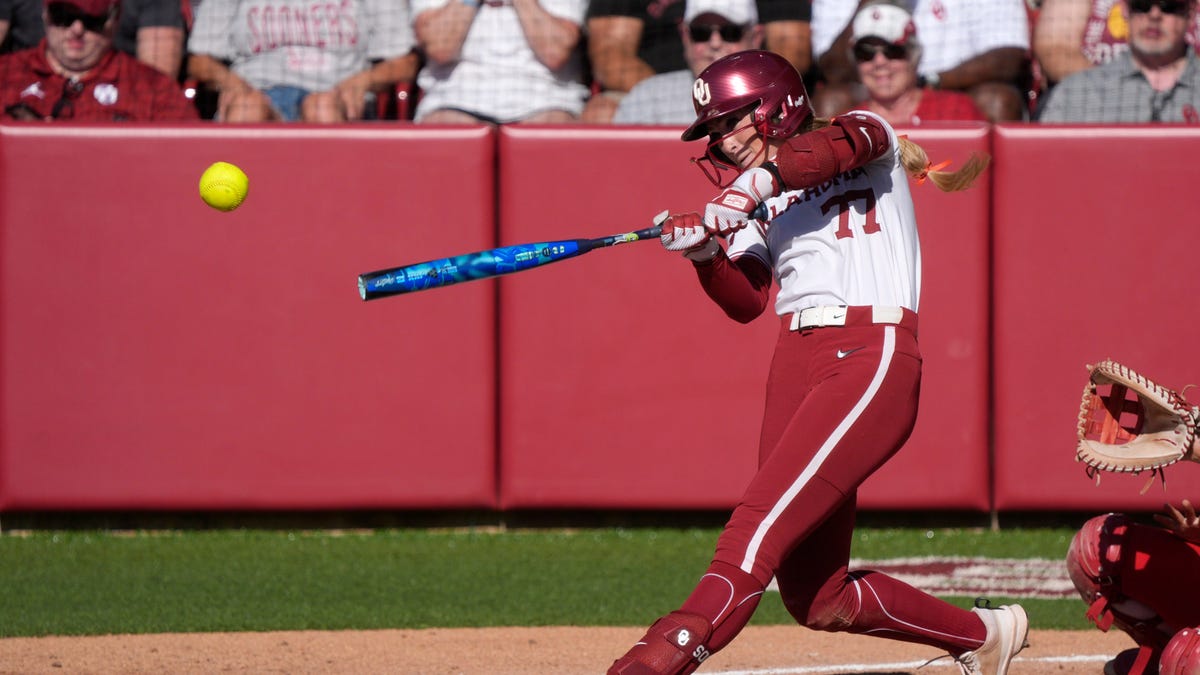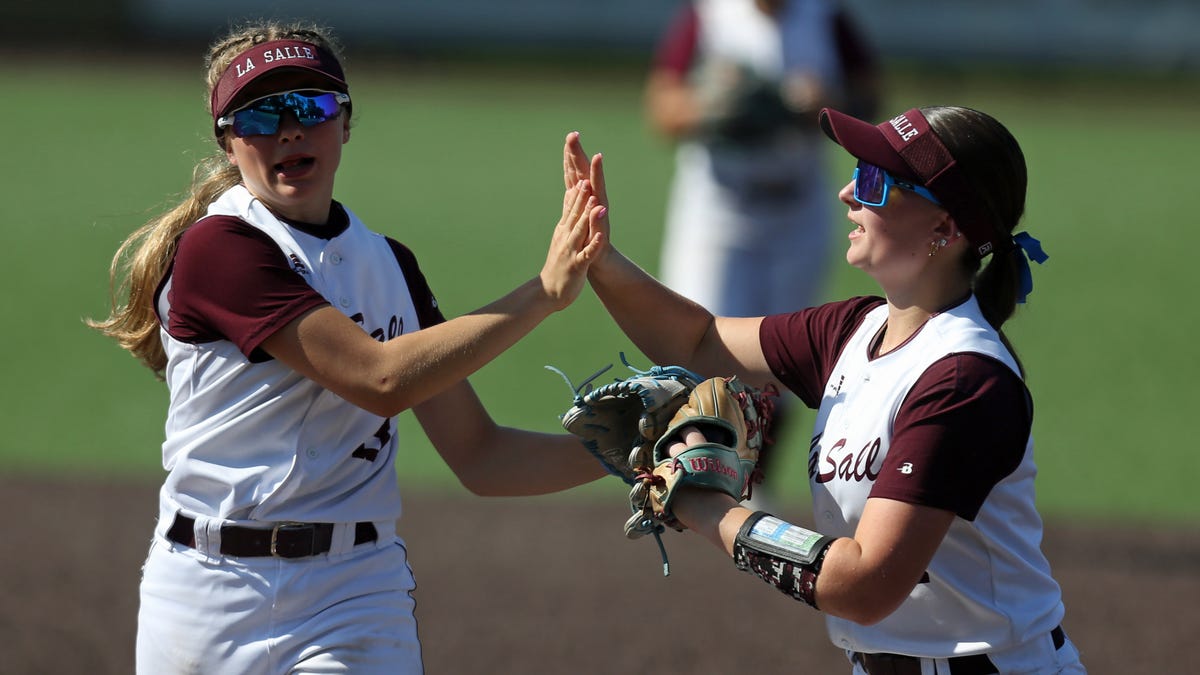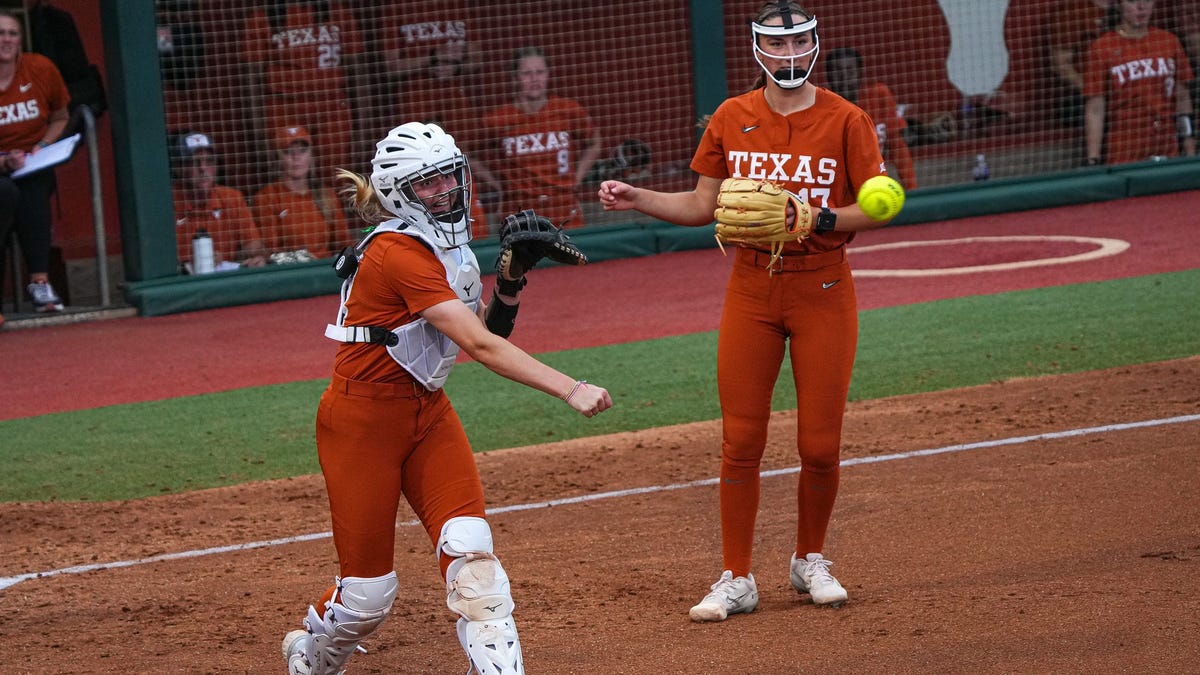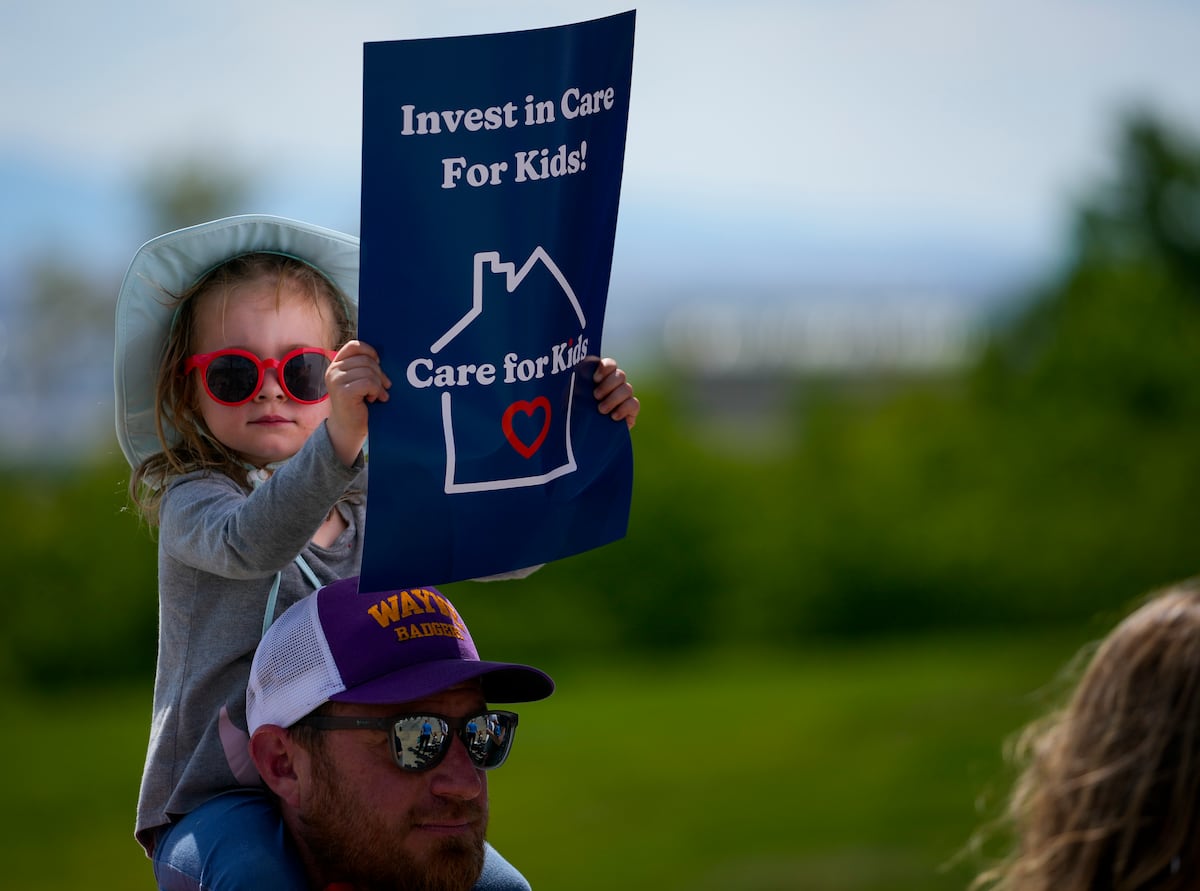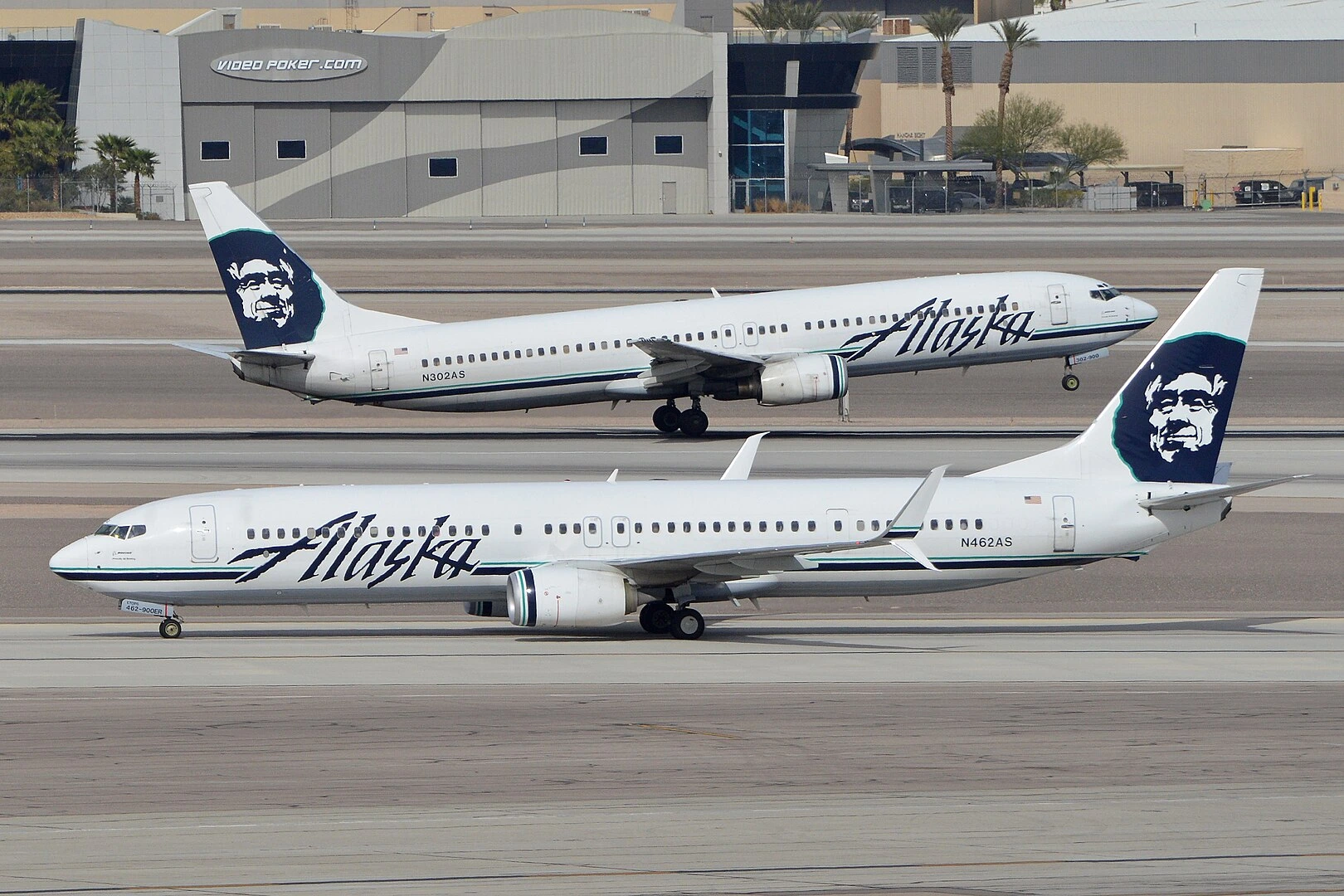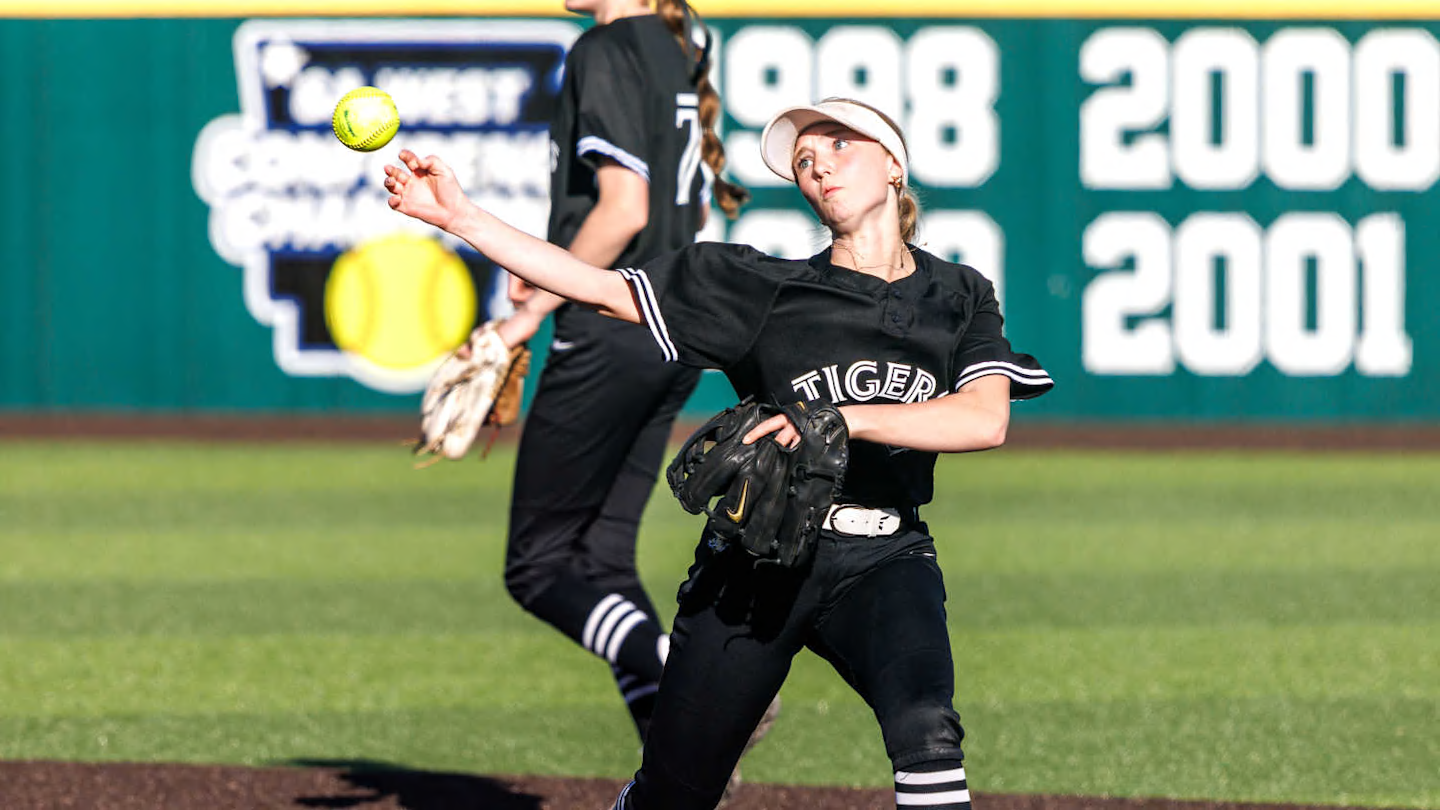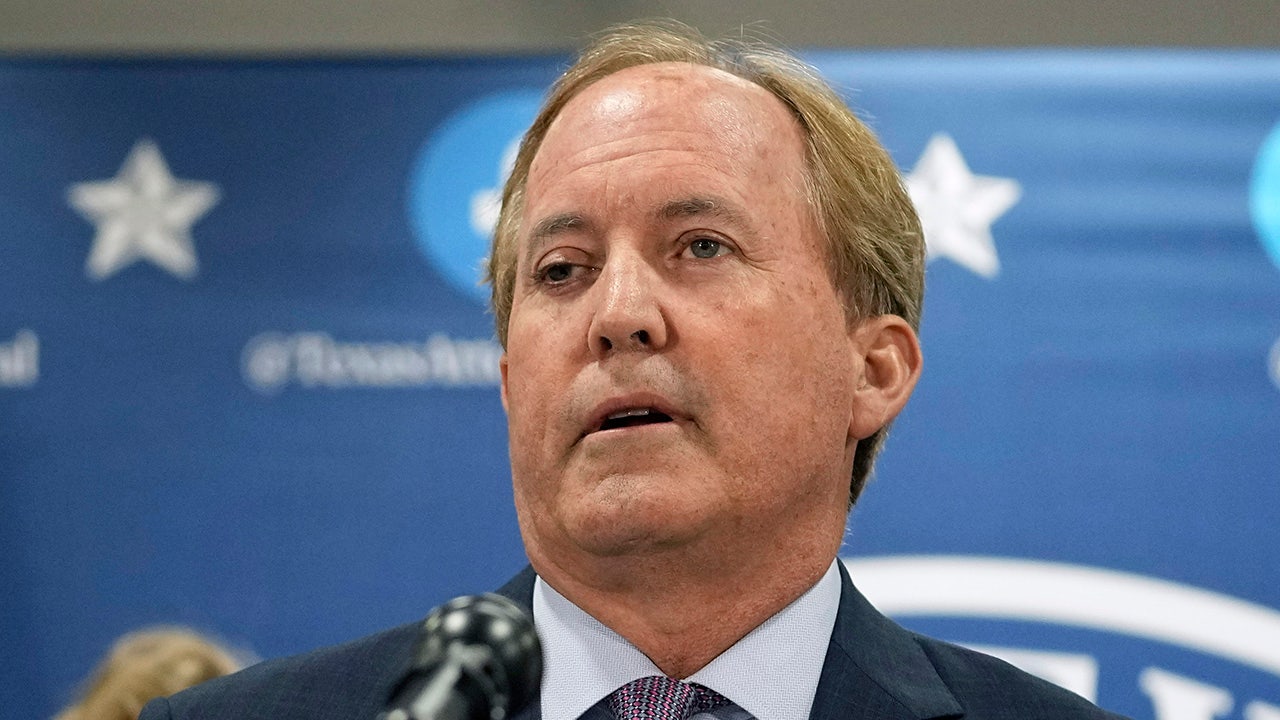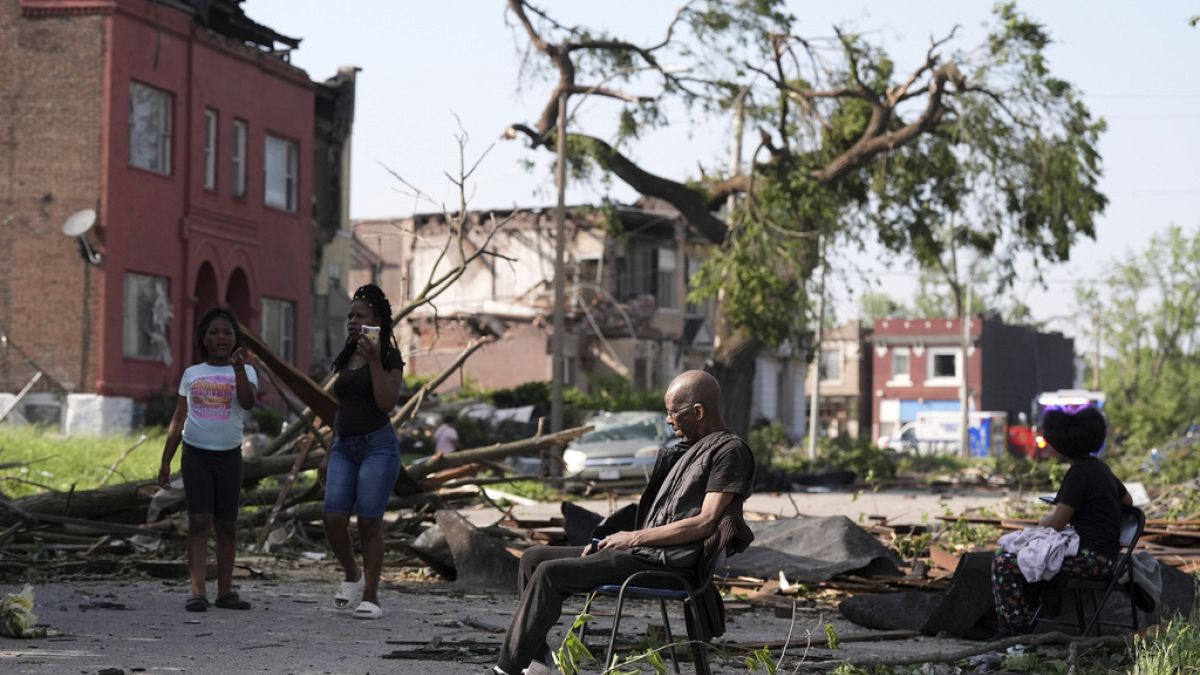Utah’s political leaders say they like economic growth. They also say they like strong families.
But it is all so much talk unless our state’s political and business leaders do more — a lot more — to ensure affordable childcare services are available to more Utah families.
It is not necessary to care at all about the woes of individual families, about parents (mostly mothers) who have to leave college or vocational training before they finish, who have to quit their jobs or give up career advancements, all because they can’t find or afford adequate childcare.
A dollars-and-cents view of the problem shows what the Utah economy is losing because it lacks this vital part of a community’s basic infrastructure.
A 2022 survey published by the U.S. Chamber of Commerce Foundation — working with United Way of Salt Lake, Voices of Utah Children and the Salt Lake Chamber — was titled “Untapped Potential.” That’s because it measured what Utah loses due to inadequate child care availability.
According to the survey, the overall Utah economy loses $1.36 billion a year because of lost productivity, employee absenteeism and turnover, abandoned careers, degrees or certificates not completed. The state also comes up some $256 million short in annual tax revenues.
And that’s not counting the human cost of dreams delayed or abandoned, of children left in unlicensed, inadequate, even dangerous, facilities.
There was some federal and state money put up to assist childcare providers and customers during and immediately after the coronavirus pandemic. It helped.
But that flow of funds has been running out, and a new administration that prides itself on randomly cutting large amounts out of the nation’s social and educational budgets is only going to make things worse.
Utah’s political, business and religious leaders need to step up.
Larger employers should see the benefits of offering on-site childcare facilities, where parents will be more likely to get to work on time and strengthen parental bonds by being able check in on their children during the day. Smaller employers can prioritize flexibility for parents, in a number of creative ways. Churches with spaces that go unused during the week, and school districts that have downsized, should provide room for care centers.
The state should be more aggressive in providing subsidies, tax credits and other incentives to make childcare affordable for families and working in the field a desirable career. And we need a solution for the untenable cost of liability insurance, which is a massive problem for daycare centers.
It will cost money. But it will cost a lot less than $1.36 billion.
Editorials represent the opinions of The Salt Lake Tribune editorial board, which operates independently from the newsroom.

